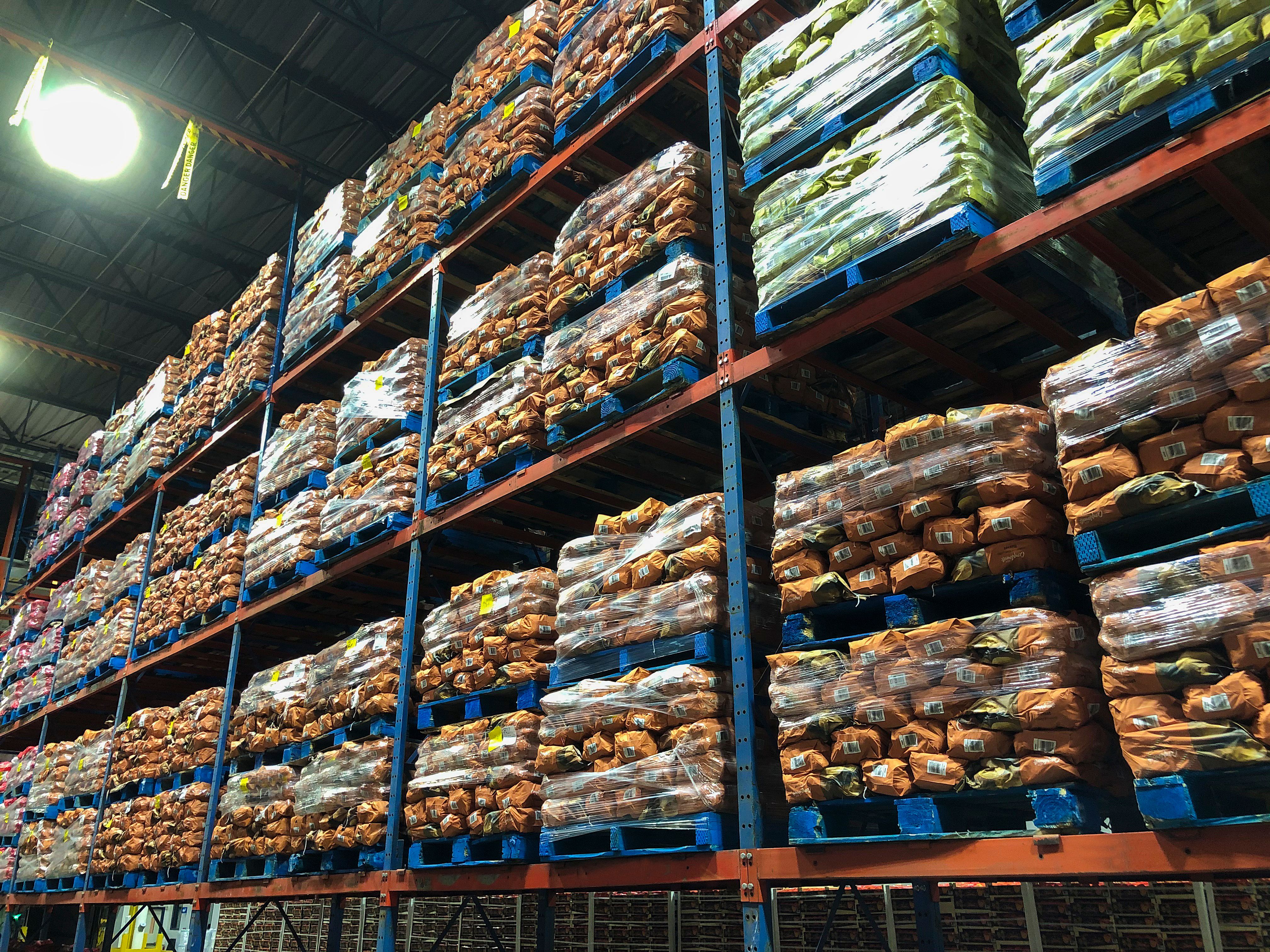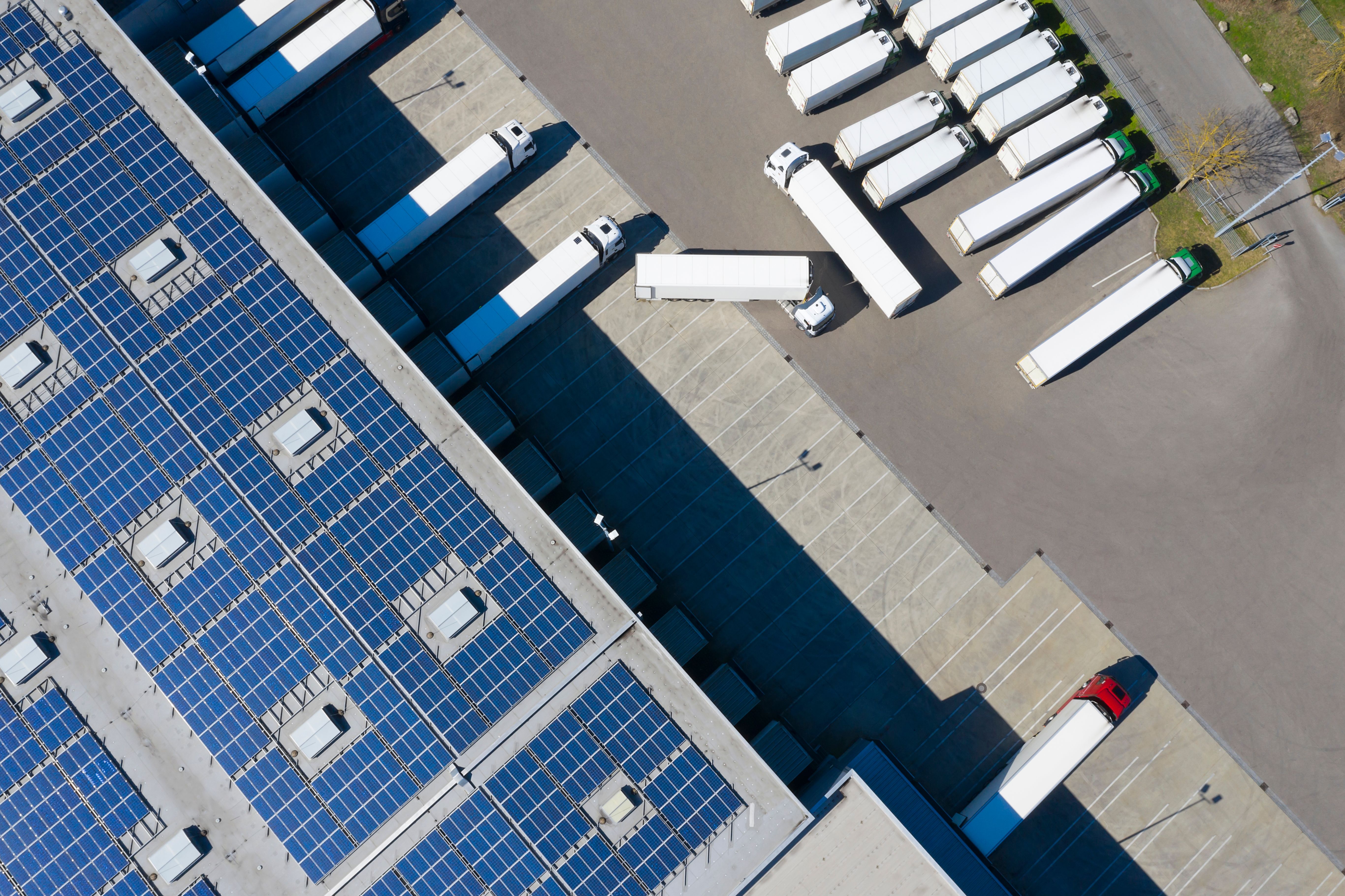The Growing Appeal of Food Logistics and Infrastructure Investments
Understanding the Rise in Food Logistics Investments
In recent years, there has been a significant increase in investments in food logistics and infrastructure. This trend is driven by several factors, including the rise in global population, changing consumer preferences, and the increasing demand for efficient food supply chains. As the world becomes more interconnected, the need for advanced logistics solutions to ensure the timely delivery of fresh produce and other perishable goods has never been more critical.
The food industry is undergoing a transformation, with companies investing heavily in logistics to optimize their supply chains. This includes investments in technology, transportation, and storage facilities designed to maintain the quality and safety of food products. As a result, the sector is attracting attention from investors looking to capitalize on the growing demand for efficient food distribution networks.

The Role of Technology in Food Logistics
Technology plays a pivotal role in enhancing the efficiency of food logistics. Innovations such as Internet of Things (IoT) devices, blockchain, and artificial intelligence (AI) are revolutionizing how food is tracked, stored, and transported. These technologies provide real-time data that helps companies monitor their supply chains, reduce waste, and improve overall efficiency.
For example, IoT devices can track the temperature and humidity levels of perishable goods during transit, ensuring they remain within optimal conditions. Blockchain technology adds an additional layer of transparency and security by providing an immutable record of each product's journey from farm to table. Together, these technological advancements are driving investments in food logistics infrastructure.
Challenges and Opportunities in Food Logistics
While there are significant opportunities for growth in the food logistics sector, there are also challenges that companies must navigate. These include regulatory hurdles, environmental concerns, and the need for skilled labor. As governments worldwide implement stricter food safety regulations, companies must invest in infrastructure that complies with these standards.

Despite these challenges, the potential rewards are substantial. By investing in robust logistics infrastructure, companies can enhance their competitiveness and meet the growing consumer demand for high-quality food products. Additionally, addressing environmental concerns through sustainable practices offers a unique opportunity to align with global efforts to reduce carbon footprints.
The Future of Food Logistics Investments
The future of food logistics investments looks promising as more companies recognize the sector's critical role in ensuring food security and sustainability. With continued advancements in technology and a focus on innovation, the industry is poised for further growth. This will likely lead to increased collaboration between traditional logistics companies and tech startups aiming to disrupt the market.

Investors seeking opportunities in this space should consider the long-term benefits of supporting companies that prioritize efficiency, transparency, and sustainability in their logistics operations. By doing so, they can contribute to a more resilient global food system that can adapt to changing consumer needs and environmental challenges.
In conclusion, the growing appeal of food logistics and infrastructure investments highlights the sector's importance in today's global economy. As companies continue to innovate and address challenges, the industry will likely see sustained growth and development. This presents a unique opportunity for investors to participate in shaping the future of food distribution worldwide.
